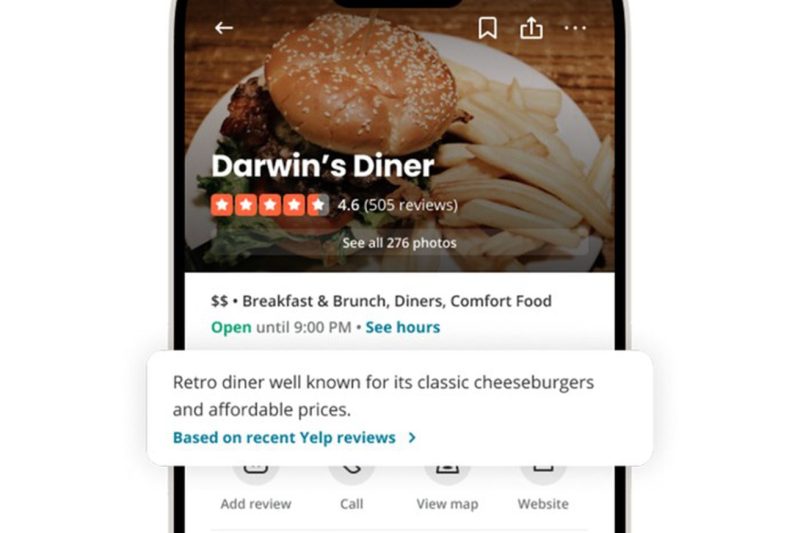The Rise of AI: Enhancing the Food Experience with Yelp
Artificial Intelligence (AI) has become a game-changer in various industries, and the food industry is no exception. Yelp, a popular platform for discovering and reviewing local businesses, is now utilizing AI to help users determine the quality of their food choices. By incorporating AI technology into their platform, Yelp aims to revolutionize the way people make decisions about where to eat.
Traditionally, Yelp allowed users to leave reviews based on their personal experiences at restaurants, cafes, and other food establishments. While these reviews were valuable, they were subjective and relied heavily on individual preferences. With the incorporation of AI, Yelp is taking reviews to the next level by providing users with objective and data-driven insights.
So, how does AI determine if a burger is good or not? Yelp’s AI system analyzes a variety of factors, including customer reviews, food quality, presentation, pricing, and even the ambience of a restaurant. By using natural language processing and advanced algorithms, AI can gauge the sentiments expressed in reviews and assign a rating to each establishment accordingly.
This amalgamation of AI and human input grants users a more accurate and reliable source to evaluate a restaurant. Instead of relying solely on one user’s personal taste, AI can analyze a vast amount of reviews to generate an average rating that better represents the overall customer experience.
Furthermore, AI can also provide personalized recommendations based on user preferences. By analyzing a user’s search history, previous reviews, and location data, Yelp’s AI can suggest restaurants and food establishments that align with their tastes. This tailored approach saves users valuable time and improves their overall experience with the platform.
Another advantage of Yelp’s AI system is its ability to identify fake reviews. In the era of online review manipulation and paid endorsements, it’s become increasingly difficult for users to discern genuine opinions from fraudulent ones. Yelp’s AI algorithms can detect suspicious patterns, such as unusually positive or negative reviews from unverified accounts, and flag them for further investigation.
However, despite the advancements, there are some concerns about the reliance on AI when it comes to subjective experiences like taste and dining preferences. Critics argue that AI may lack the ability to truly understand the nuances of individual palates and might overlook hidden gems with a smaller customer base. While these concerns hold merit, Yelp’s AI is designed to complement rather than replace human judgment, providing users with a more diverse range of opinions and information.
Moreover, AI in the food industry extends beyond Yelp’s capabilities. From personalized menu suggestions to predicting food trends, AI is transforming the way we discover, choose, and experience food. With machine learning algorithms, AI can learn from user behavior, identify patterns, and continuously improve its recommendations, ensuring a more personalized and satisfying dining experience.
In conclusion, the integration of AI into Yelp’s platform marks a significant step forward for the food industry. By harnessing the power of AI and user-generated data, Yelp is equipping users with more reliable information about the quality of food establishments. The use of AI in this context provides a standardized and objective method to evaluate and select restaurants, ultimately enhancing the overall food experience for users. As AI continues to evolve and improve, we can expect further innovations that will shape the way we interact with the culinary world.

